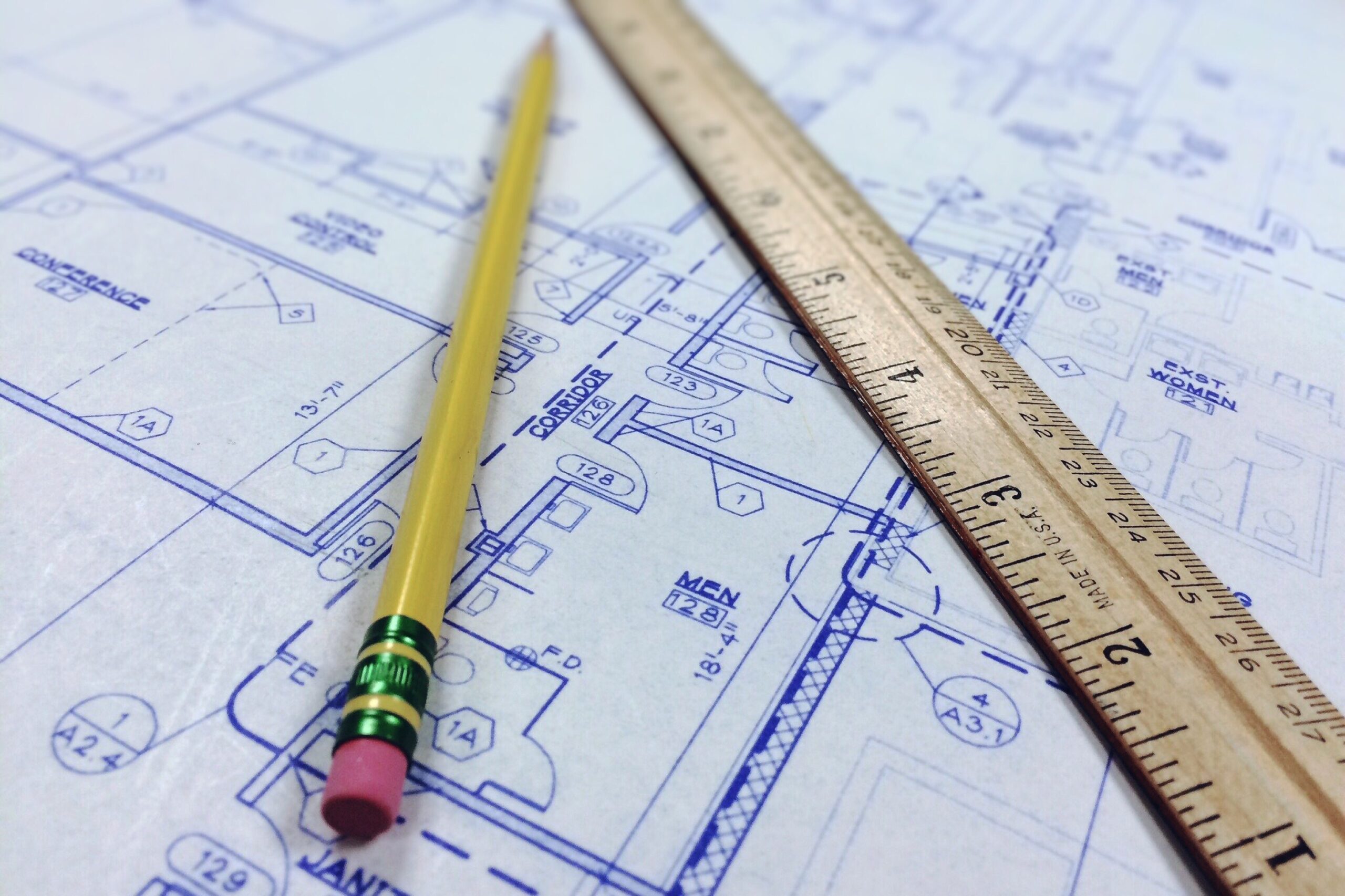Chancellor considers levy on internet sales
Credit: Adobe Stock
The government has confirmed it is considering a new tax on goods sold online in the wake of the “significant” hit to the high street from Covid-19.
On Monday morning, The Times reported that the chancellor was considering a levy on internet shopping to help bricks-and-mortar stores compete with online retailers. It comes after the Treasury highlighted concerns in a call for evidence last week that business rates were harming the high street because online rivals did not need to rent “high-value” properties.
A Number 10 spokesperson said: “Last week, as we set out in the Budget and manifesto, we published a call for evidence to look into all aspects of the business rates system. And, as part of this, we will consider the case for introducing alternative taxes as part of the review, including an online sales tax. The pandemic has had a significant impact on how business is done and the effect of this will become clearer over time. We’ll continue to support businesses as far as possible but we must also ensure that the tax system raises sufficient revenue to fund our vital public services.”
Related content
- MPs call for e-tail tax rise to support ailing high streets
- Government to raise £400m a year by slapping 2% ‘digital services tax’ on tech titans
- Wolverhampton signs up with eBay to boost local economy
According to The Times, other plans being considered include replacing business rates with a “capital values tax” which would be paid by the owner of a property instead of the business leasing it.
And, a set charge on consumer deliveries aimed at reducing congestion and encouraging high street shopping.
Businesses in the hospitality and leisure sector were given a one-year business rate holiday by the Chancellor during the height of the pandemic, which will reportedly cost £10bn and has led to a 40% drop in tax revenue from businesses rates.
The government is currently facing a hole in the public finances of more than £322bn as a result of the economic downturn and measures brought in to support the economy.



